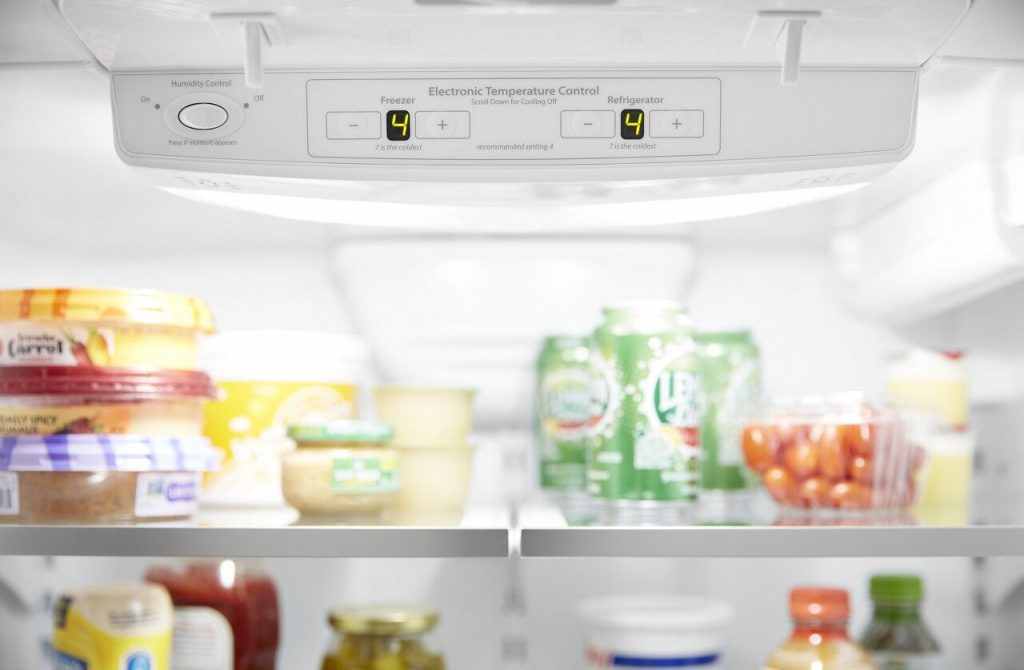The refrigerator is the unsung hero of our kitchens, keeping our food fresh and safe. But have you ever wondered if repeatedly turning it on and off can harm its inner workings? It’s a common concern, especially when considering energy savings or when a fridge sits unused for a while. Let’s delve into the switching your fridge on and off facts.
Understanding Your Fridge’s On/Off Cycle
Your refrigerator naturally cycles on and off throughout the day to maintain a consistent temperature. This is controlled by a thermostat, which switches on the compressor and cooling system when the temperature rises, and then shuts them off when the desired coolness is reached. This design is entirely normal and doesn’t cause damage in itself. However, if your refrigerator starts showing signs of trouble, it may indicate an underlying issue that needs attention.

The Potential Risks of Frequent Manual Cycling
While natural cycling is fine, what about manually turning the fridge on and off? Here’s where some concerns arise:
- Compressor Strain: The compressor is like the heart of your fridge. Frequent on/off switching can put extra wear and tear on this vital component. Think of it like starting and stopping a car repeatedly – it’s not ideal for the engine. Over time, this could shorten the compressor’s lifespan.
- Temperature Fluctuations: Your fridge works best when the temperature remains relatively stable. Turning it off and on can cause significant temperature swings, which might compromise the quality and safety of your food, especially perishables like meat and dairy.
- Energy Inefficiency: You might think turning off your fridge saves energy, but the opposite can be true. When you restart the fridge, the compressor needs to work harder to cool down the entire unit, which can consume more energy overall.
When Switching Off Might Be Necessary
There are legitimate reasons to turn off your fridge:
- Extended Absence: If you’re going away for a long time, it might make sense to empty your fridge, clean it, and then turn it off to save energy.
- Moving/Transport: For safety and to prevent damage during transit, it’s recommended to turn off and defrost your fridge before moving it.
Best Practices for Fridge Longevity
To ensure your fridge stays in top shape:
- Avoid Frequent On/Off Switching: Don’t turn your fridge off unless it’s absolutely necessary.
- Set the Right Temperature: Keep your fridge between 37°F and 40°F (2.8°C to 4.4°C) and your freezer at 0°F (-17.8°C).
- Clean the Coils: Regularly cleaning the condenser coils at the back of your fridge helps it run efficiently.
- Don’t Overload: Overcrowding your fridge restricts airflow and makes the compressor work harder.
Mythbusting: Common Misconceptions
- Myth: Turning off the fridge at night saves energy.
- Truth: Modern fridges are designed for efficiency and should be left on continuously.
- Myth: Refrigerators need a “rest” period.
- Truth: Fridges are built to run 24/7 without the need for breaks.
A Note on Smart Fridges
Smart fridges often have energy-saving modes that optimize cooling cycles. If you have a smart fridge, explore these features to potentially reduce energy consumption without the need to manually switch it off.
Consult the Experts
If you have concerns about your fridge’s behavior or suspect it’s been damaged, consult the manufacturer’s manual or contact a qualified appliance technician for advice.
The Bottom Line
While your fridge is designed to handle its natural switching your fridge on and off cycles, frequent manual switching can potentially lead to damage and inefficiencies. Use your fridge as intended, and it will serve you well for years to come.




